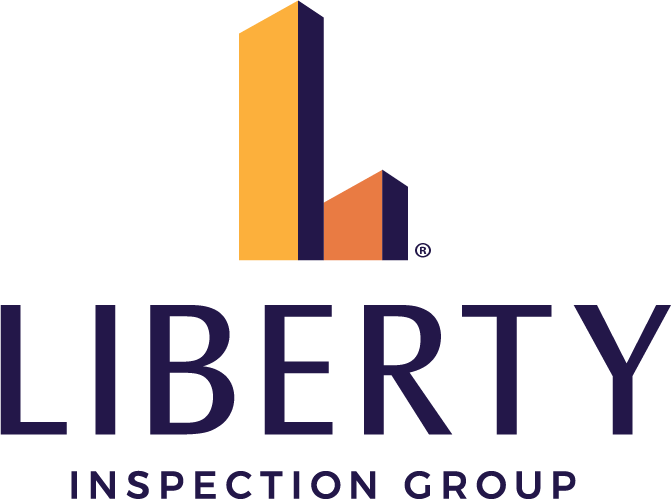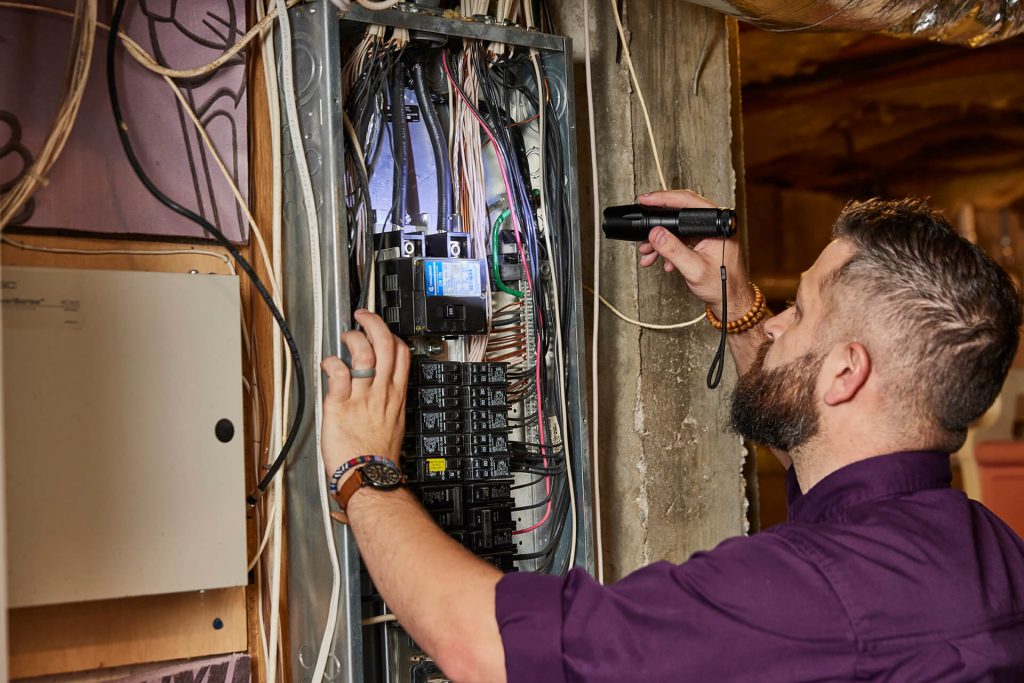To inspect or not to inspect. That is often the question when considering the acquisition of a new commercial property. Do I have to? What happens if I don’t? How much does it cost?
The truth is that there are a number of ways to go, depending on the circumstances. Sometimes you need a commercial inspection and other times it’s just plain good sense to have one done.
In this article we’ll explore the top 5 inspection scenarios that play out for commercial properties. Read on to learn about the pros and cons to different strategies, as well as the do’s and don’ts you’d rather know now than later.
1.Phase 1 Environmental Site Assessment
This inspection title can sound ominous and technical. While there are a variety of reasons a Phase 1 site assessment is done, the most common is that a lender requires it for the purchase of a commercial property. Other reasons can include: oversight agencies requiring a Phase 1 assessment, application for a change of use permit or suspected toxic conditions on site.
Phase 1 primarily consists of records-based research in public files to determine previous land usages and whether they indicate possible toxic conditions. All Phase 1’s must be performed by a certified environmental professional.
2.Phase 2 Environmental Site Assessment
Phase 2, just like it sounds, happens after Phase 1 if required. Phase 2 is dependent upon Phase 1 findings and isn’t always necessary. In Phase 2 inspections samples are taken from soil, groundwater and building materials on-site and then analyzed for signs of contamination. Just like Phase 1 these must be performed by a certified environmental professional.
3.General Commercial Inspections
This is a great option when you don’t need or want a Phase 1, but still want to know what you’re getting into. A general commercial inspection is done by a certified inspector and will visually assess the entire structure. This gives you a big picture on the condition of the building inside and out, upcoming maintenance, defects or safety hazards and points you can negotiate with the seller. In addition to a general commercial inspections you can do:
●Thermal Imaging Inspections: great for determining heat or cold loss from buildings and possible water intrusion.
●Drone Inspections: perfect for roof inspections where roof access is limited, or inspecting the facades of large commercial buildings.
4.Unofficial Consulting
Maybe you have a contractor on your team, or a trusted one that you work with closely. Contractors are often willing to do site-visits at potential properties to help you evaluate what work may need to be done. Trusted contractors can be a great resource and a helpful second set of eyes. If work is needed they can also provide you with cost estimates up front.
Bottom line: if you have a contractor on your team, or a trusted one you work with, they can help give you a free opinion within their scope of knowledge and expertise.
5.No Inspection
Sometimes you opt for no inspection at all. Why? Cash deals are one reason. If you know the property is in great shape and don’t need an inspection to gain lender approval, then you might save money by skipping an inspection. This is especially pertinent for large open warehouses where there isn’t much to inspect in the first place. If you need a warehouse and can plainly tell it’s functional to your usage standards, then your own judgement may be enough without an inspection.
The take home on commercial inspections? It pays to do your homework and then make the best decision for your purposes. These five scenarios are a great starting point for asking the right questions to help make your next commercial purchase a success!
By Chris Earley









